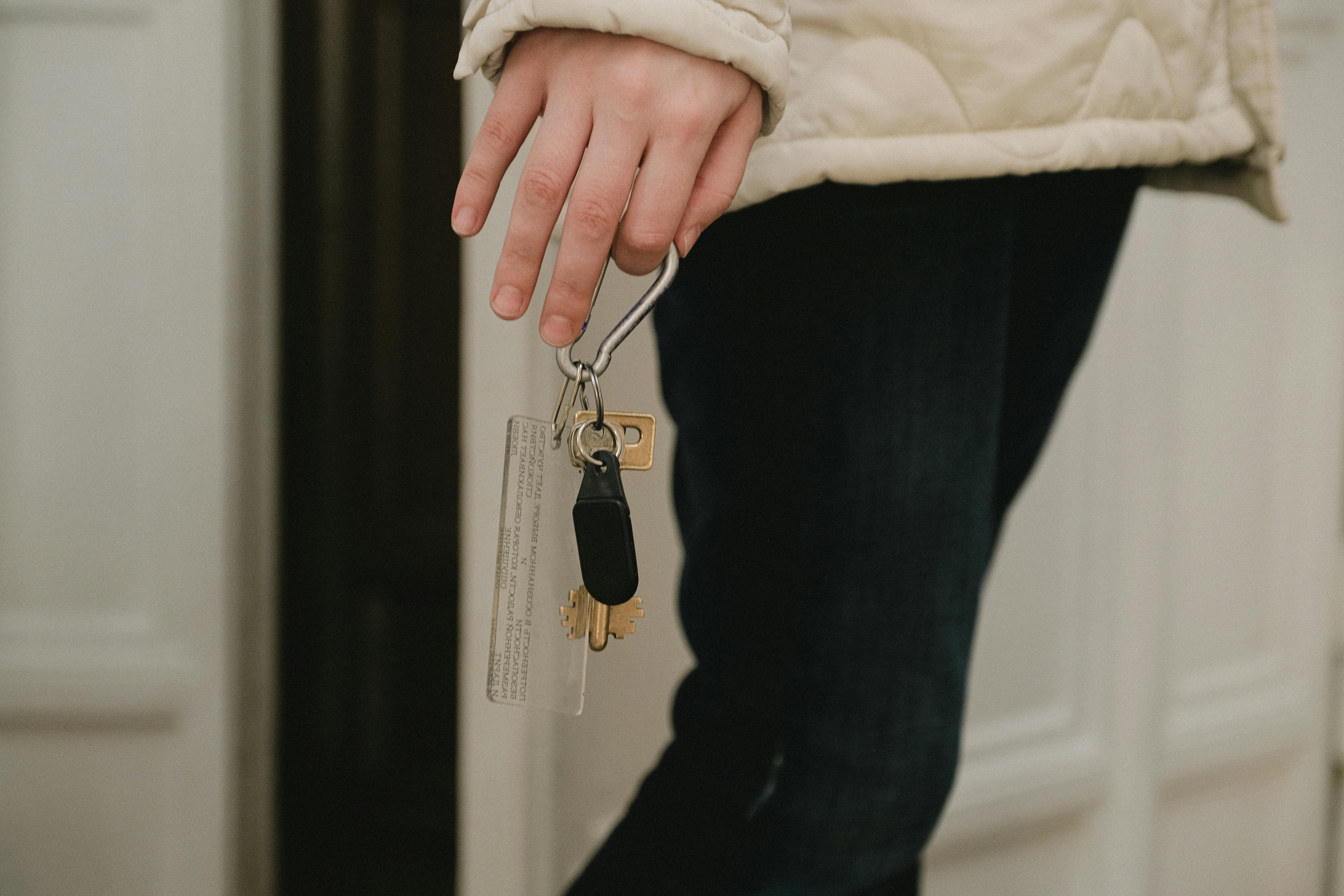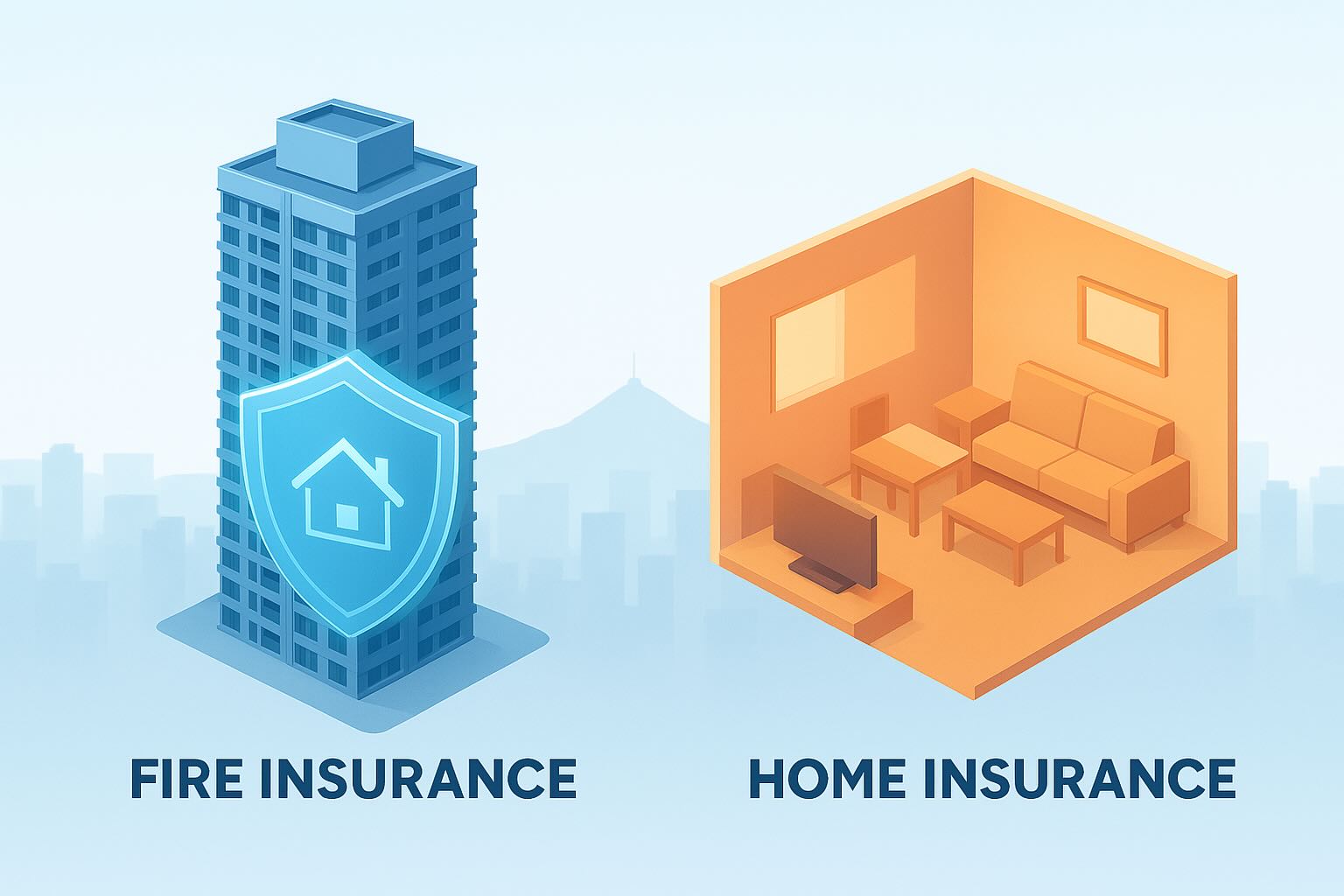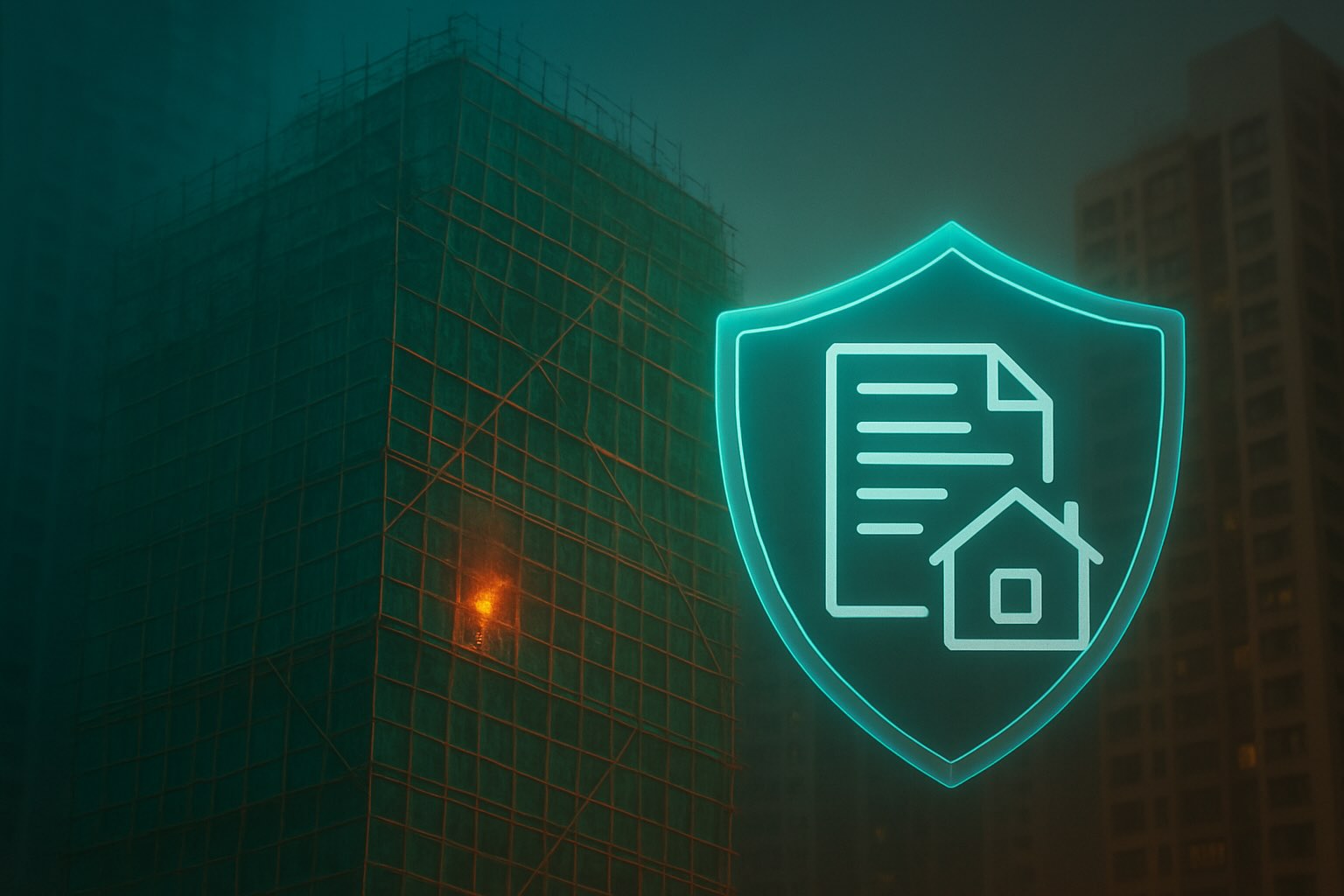Road Traffic Accidents
- FAQs
1. No Legal Requirement, But Strongly Recommended
There is no legal requirement in Hong Kong that you must have a lawyer to make a traffic accident claim.
You can represent yourself in negotiations with insurers or in court.
However, traffic accident claims often involve:
- Liability disputes (who was at fault)
- Quantum assessment (calculating damages for injury, loss of earnings, etc.)
- Procedural rules in civil litigation
- Negotiations with insurance companies who have legal teams
Without legal training, it can be difficult to:
- Gather and present evidence effectively
- Challenge the other party’s expert reports
- Navigate court procedures and timelines
2. Benefits of Having a Lawyer
- Legal strategy: Advises on prospects of success and realistic settlement amounts
- Evidence handling: Obtains and interprets medical and accident reconstruction reports
- Negotiation: Deals with insurers to avoid low settlements
- Court representation: Handles procedural steps and advocacy
3. Legal Aid Availability
If you cannot afford a lawyer, you may apply to the Legal Aid Department for assistance.
For personal injury claims (including traffic accidents), legal aid is available if:
- You pass the means test (financial eligibility)
- You pass the merits test (reasonable chance of success)
Under the Ordinary Legal Aid Scheme:
- Financial limit: HK$420,400 in disposable resources
- Legal aid provides a solicitor and, if necessary, a barrister
1. Criminal Liability
Under the Road Traffic Ordinance (Cap. 374), drink or drug driving can lead to serious criminal charges, including:
- Driving with excess alcohol – s.39A
Offence if alcohol concentration in breath, blood, or urine exceeds prescribed limits.
No need to prove incapacity to control the vehicle.
- Driving under the influence of drink or drugs – s.39
Offence if incapable of proper control due to drink or drugs.
- Driving with specified illicit drugs present – s.39K
Offence regardless of incapacity.
- Driving under influence of non-specified drugs – s.39L
Must prove incapacity to control the vehicle.
Penalties:
Fine up to HK$25,000 and imprisonment up to 3 years (on indictment).
Mandatory driving disqualification (minimum 6 months to 5 years depending on offence and alcohol level).
2. Civil Liability in Accidents
If you cause an accident while under the influence:
- It is strong evidence of negligence in a civil claim.
- Victims can sue for damages — e.g., personal injury, property damage.
- The intoxication may remove certain defences (e.g., contributory negligence arguments).
3. Aggravating Factor in Sentencing
Courts treat driving under the influence as seriously aggravating:
In Secretary for Justice v. Tam Ying [2023] HKCA 243, high alcohol level increased sentence by 50% under s.36A(7) Road Traffic Ordinance.
In HKSAR v. Ko Yun [2022] HKCA 751, drink driving combined with dangerous driving justified longer disqualification.
4. Insurance Consequences
Most motor insurance policies exclude cover if driver was under the influence.
Insurer may refuse to indemnify you, leaving you personally liable for claims.
1. Duty to Stop and Provide Particulars
Under the Road Traffic Ordinance (Cap. 374), if an accident occurs due to a vehicle's presence on a road causing personal injury or damage to property, the driver must stop and provide certain information.
Section 56(1) of the Road Traffic Ordinance (Cap. 374):
”If, owing to the presence of a motor vehicle on a road, an accident occurs whereby
(a) personal injury is caused to a person other than the driver; or
(b) damage is caused to a vehicle, animal or other property,
the driver shall stop and, if required by a police officer or any person having reasonable grounds, give his name and address, the name and address of the owner, and the identification marks of the vehicle.“
2. Offence for Failing to Stop
If you leave the scene without stopping:
You commit a criminal offence.
Penalties can include a fine, imprisonment, and disqualification from driving.
3. Additional Offence – Failing to Report
If you do not report the accident to the police as soon as practicable:
You may be charged with failing to report an accident, which carries further penalties.
4. Serious Consequences in Dangerous Driving Cases
If the accident involves dangerous driving or causing grievous bodily harm, leaving the scene can be treated as an aggravating factor in sentencing.
Under the Road Traffic Ordinance (Cap. 374), it is unlawful to use a motor vehicle on a road without a valid third-party risk insurance policy.
You can still sue them personally for damages in tort (negligence).
However, if they have no valuable assets, recovery may be difficult.
This is one reason why the merits test in legal aid considers whether a judgment can be enforced.
You can consider a claim to Motor Insurer’s Bureau of Hong Kong (MIBHK).
- The MIBHK is an industry-funded body that may compensate victims of uninsured or hit-and-run drivers.
- You must meet their conditions, e.g.:
- Accident must be reported to the police promptly.
- You must cooperate with investigations.
- Claim must be lodged within the time limit specified by MIBHK.
Yes, but damages will be reduced for contributory negligence.
Under Hong Kong law, being partly at fault does not bar you from making a personal injury claim.
The Apportionment Ordinance (Cap. 18) applies, which allows the court to reduce damages in proportion to your share of responsibility.
1. You Can Still Claim
The law recognises “shared fault” situations.
The court will apportion liability between you and other parties.
2. Reduction in Damages
If you are found, for example, 30% at fault, your damages will be reduced by 30%.
3. Practical Impact
Even if partly to blame (e.g., not wearing a seatbelt, unsafe manoeuvre), you may still recover compensation for the other party’s share of fault.
Traffic accident claims are generally personal injury claims in tort, so the Limitation Ordinance (Cap. 347) applies.
1. Standard Period: 3 Years
Runs from the date of the accident or the date you first knew you had suffered injury and that it was caused by the accident.
“Date of knowledge” covers situations where the injury was not immediately apparent (e.g., latent medical conditions).
2. Property Damage Only
If claiming only for vehicle/property damage, the general limitation period for tort is 6 years from the date of the accident.
3. Fatal Accident Claims
If claiming as a dependent for a death caused by the accident, the time limit is 3 years from the date of death or date of your knowledge.
4. Court’s Discretion to Extend
In limited circumstances (e.g., disability, fraud, concealment), the court may extend or postpone the limitation period under the Limitation Ordinance.
Depending on the circumstances (e.g., traffic accident, workplace injury), you may claim the following types of damages:
1. Pain, Suffering and Loss of Amenities (PSLA)
Compensation for physical pain, emotional distress, and loss of enjoyment of life.
Example: Reduced mobility, inability to participate in hobbies.
2. Loss of Earnings
Pre-trial loss of earnings: Actual income lost from the date of injury to the trial date.
Post-trial / future loss of earnings: Projected income loss due to inability to work or reduced capacity.
Must prove causal link between injury and inability to earn.
3. Loss of Earning Capacity
Compensation for disadvantage in the labour market due to residual disability, even if currently employed.
4. Medical and Related Expenses
Past and future medical costs, rehabilitation, physiotherapy, medication.
May include cost of aids/equipment if reasonably necessary (Lai Chi Wai v. Tong Hung Kwok [2020] HKCFI 628).
5. Care and Assistance
Costs for nursing care, domestic help, or assistance with daily living.
6. Special Damages
Out-of-pocket expenses directly related to the injury (e.g., transport to hospital, home modifications).
7. Alternative Accommodation
If injury necessitates moving to more suitable housing (Lai Chi Wai v. Tong Hung Kwok).
8. Loss of Congenial Employment / Loss of Society
Damages for loss of ability to work in a fulfilling occupation or participate in social activities.
After a traffic accident in Hong Kong, the potential defendants depend on who was at fault and the circumstances of the accident:
The Driver at Fault
If another driver’s negligence caused the accident and your injuries, you may claim directly against that driver.
The Owner of the Vehicle
Under Hong Kong law, the vehicle owner may be liable even if they were not driving, especially if the driver was using the vehicle with their permission.
Most claims are handled through the owner’s motor insurance policy.
Your Employer (if accident occurred during work)
If you were injured in the course of employment (e.g., driving for work), you may claim statutory compensation under the Employees’ Compensation Ordinance (Cap. 282) against your employer.
Other Negligent Parties
Examples: Road maintenance contractors, public transport operators, or other parties whose negligence contributed to the accident.
According to section 56(3) of the Road Traffic Ordinance (Cap.374 of the Laws of Hong Kong), accidents involving personal injury must be reported to the Police immediately, unless the driver “is incapable of doing so by reason of injuries sustained by him in the accident”.
For minor accidents without injury, reporting is still recommended for insurance and legal protection. For example, if the accident only caused property damage, while it is not legally mandatory to report, notifying the police can help document the incident for insurance claim.
Duty to stop
Section 56(1) of the Road Traffic Ordinance (Cap.374 of the Laws of Hong Kong) provides as follows:
“Where, owing to the presence of a vehicle on a road, an accident occurs whereby-
- personal injury is caused to a person other than the driver of that vehicle; or
- damage is caused to-
- a vehicle other than that vehicle or a trailer drawn thereby;
- a specified animal (other than one in or on that vehicle or a trailer drawn by that vehicle); or
- any other thing not being in or on that vehicle or a trailer drawn thereby,
the driver of that vehicle shall stop.”
Duty to give particulars
Section 56(2) of the same Ordinance provides that in the case of such an accident, a driver shall:
“if required, give to any police officer or to any person having reasonable grounds for so requiring the following particulars-
- his name and address;
- the name and address of the owner of the vehicle; and
- the registration or identification mark or number of the vehicle.”
Duty to report
According to Section 56(2A) of the Road Traffic Ordinance, a driver has the duty to “report the accident in person at the nearest police station or to any police officer as soon as reasonably practicable, and in any case not later than 24 hours after the accident.”
Duty to preserve evidence
According to Section 57(1) of the Road Traffic Ordinance, a driver who “without the authority of a policy officer moves or otherwise interferes with any vehicle involved in the accident or any part of any such vehicle or does any other act which destroys, alters or conceals any evidence of the accident commits an offence”
Notify an insurer
You are strongly advised to contact your insurers immediately upon the accident if you intend to claim damages under their policy.







